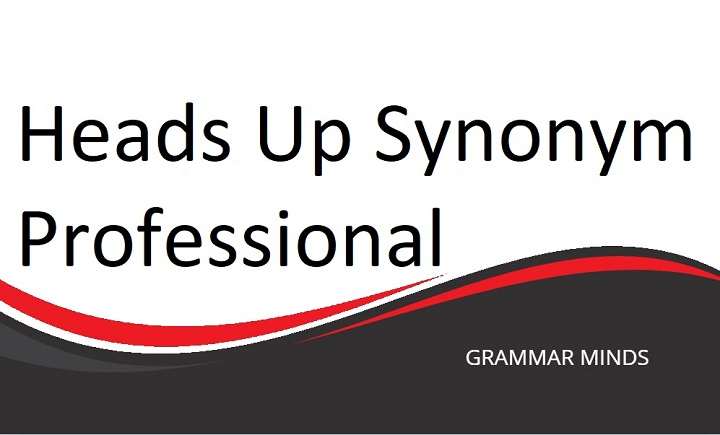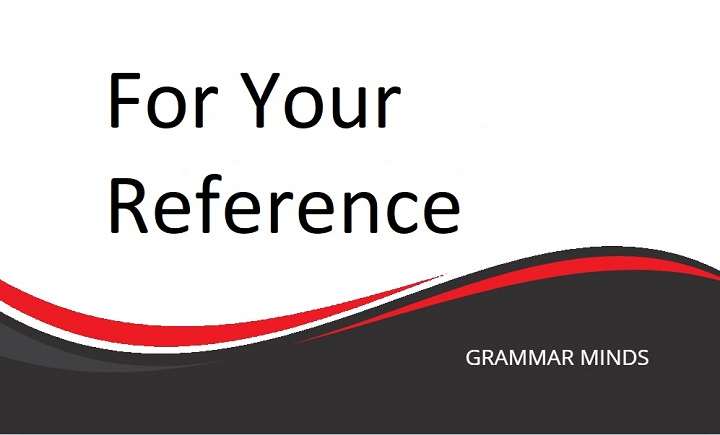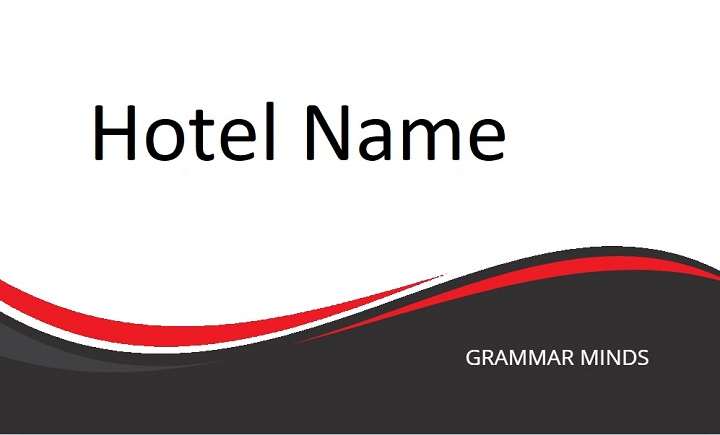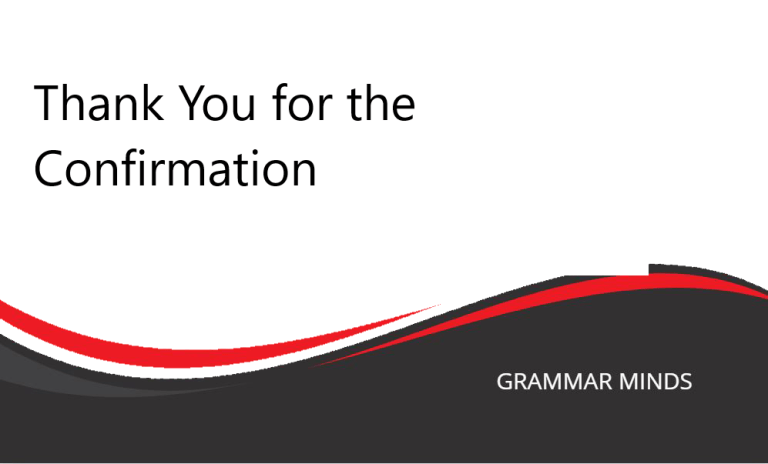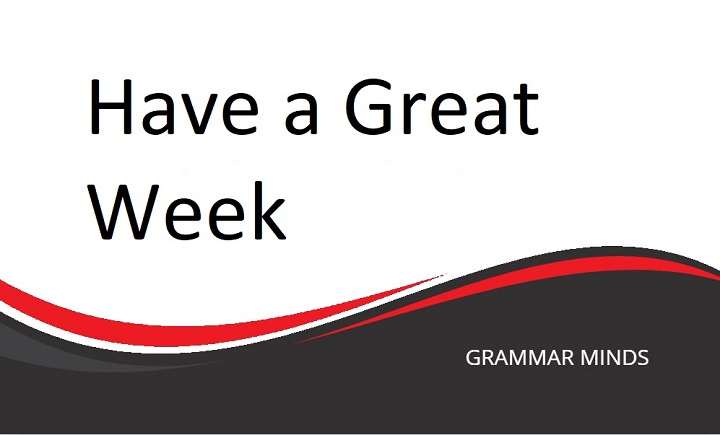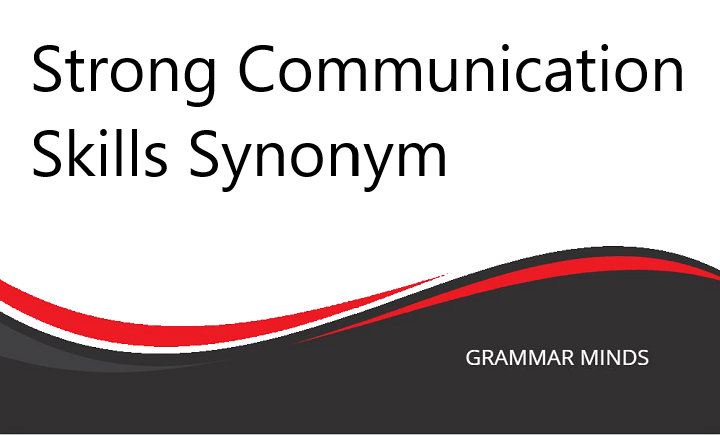In today’s fast-paced world, punctuality is more important than ever. Whether in professional settings or personal relationships, being on time demonstrates respect, responsibility, and reliability. However, many of us find ourselves repeatedly reminding others with the same old phrase: “Please be on time.”
Do you find yourself using this phrase repeatedly? Have you grown tired of sounding like a broken record, always reminding someone to arrive promptly?
Don’t worry! This article will not only emphasize the importance of timeliness but also provide you with a variety of alternative expressions to mix up your conversations and keep your communication fresh, professional, and even friendly, when needed. Let’s explore different ways to convey the message without sounding monotonous.
Other Ways to Say “Please Be on Time”
Sometimes, saying “Please be on time” over and over again can feel redundant, especially in professional and social contexts where variety is the spice of life. Below are ten alternative phrases you can use to remind someone about punctuality in different situations.
“Kindly ensure you’re punctual.”
This is a more formal way of reminding someone to be on time, especially useful in a professional or workplace environment.
“I appreciate your prompt arrival.”
This phrase is polite and adds a tone of gratitude, making it more personal than a standard reminder.
“Please arrive on time.”
A direct yet slightly different variation of “please be on time,” this phrase can be used in both formal and informal settings.
“Your timely presence would be appreciated.”
This phrase adds a formal and appreciative tone, perfect for emails and formal gatherings.
“Let’s try to start promptly at [time].”
This is a softer and more inclusive way of encouraging punctuality, which avoids sounding too demanding.
“Please be prompt.”
This is a succinct and to-the-point alternative, often used in business or official settings.
“Could you ensure you’re on time?”
A question-based approach that feels less authoritative but still gets the message across.
“It’s important we start right on time.”
This conveys a sense of urgency and importance without sounding too strict.
“Be sure to be punctual.”
This phrase sounds more commanding but is effective when punctuality is critical.
“Timeliness is key, please don’t be late.”
Here, you emphasize the importance of timeliness in a way that still sounds considerate but firm.
Key Notes
“Please be on time” is grammatically correct and suitable for both formal and informal situations. It is a versatile phrase often used in business meetings, events, and even casual get-togethers. However, if used too frequently, it can come across as a bit basic, and over time, it may lose its impact.
Also Read
Discover the Best Synonyms for “Feel Free” to Enhance Your Conversations
By incorporating different phrases like those above, you’ll keep your reminders varied and engaging while maintaining a professional tone. Here’s how these alternatives can be applied in different contexts:
- “Kindly ensure you’re punctual” is great for formal settings, especially in emails or invitations.
- “I appreciate your prompt arrival” adds a personal touch and can be used in both emails and conversations.
- “Please be prompt” works well in informal conversations but is still strong enough for business meetings.
Keep reading to discover how to use each phrase in formal and informal scenarios and see real-life examples to enhance your communication skills.
“Kindly Ensure You’re Punctual”
Usage:
If you’re looking for a more formal alternative to “Please be on time,” try using “Kindly ensure you’re punctual.” This adds a touch of professionalism and works well in settings such as corporate emails, business meetings, or official events.
Example (in an email):
Dear Mr. Anderson,
Thank you for organizing the meeting. We look forward to discussing the project in detail. Kindly ensure you’re punctual as we will be covering essential updates right from the beginning.
Best regards,
David Mitchell
“I Appreciate Your Prompt Arrival”
Usage:
A more conversational and appreciative alternative, “I appreciate your prompt arrival” is great for settings where you want to express gratitude while still asking someone to be on time. It works well in semi-formal environments or when addressing colleagues and clients.
Example (in conversation):
Hi Samantha,
Thank you for agreeing to meet with me. I appreciate your prompt arrival so we can make the most of our time together.
“Please Arrive on Time”
Usage:
“Please arrive on time” is a simple, direct alternative to “Please be on time,” and it works in both formal and informal settings. It is suitable for a variety of occasions, from casual meetings to work appointments.
Example (in an email):
Dear Mr. Johnson,
We look forward to seeing you at tomorrow’s meeting. Please arrive on time so we can start promptly.
Best regards,
Emily Davis
“Your Timely Presence Would Be Appreciated”
Usage:
This is a more formal phrase and can be used when inviting someone to a significant event, such as a formal dinner or meeting. It conveys the importance of punctuality without sounding too commanding.
Example (in a formal invitation):
Dear Ms. Williams,
We are delighted to invite you to our annual gala. Your timely presence would be appreciated, as we will commence the event at 7:00 PM sharp.
Warm regards,
The Event Team
“Let’s Try to Start Promptly at [Time]”
Usage:
This is a more inclusive and casual way to ask someone to be on time. It works well in group settings, such as team meetings or casual hangouts, and avoids the directness of more formal phrases.
Example (in conversation):
Hey everyone, let’s try to start promptly at 2:00 PM, so we can get through the agenda without any delays.
“Please Be Prompt”
Usage:
A brief and straightforward phrase, “Please be prompt” is perfect for professional environments where time is of the essence, such as corporate meetings, interviews, or appointments.
Example (in an email):
Dear Mr. Thompson,
Thank you for confirming the meeting. Please be prompt, as we have limited time to cover all topics.
Best regards,
Anna Scott
“Could You Ensure You’re on Time?”
Usage:
This phrase is slightly softer than the others and works well in situations where you want to avoid sounding too authoritative. It’s suitable for informal or semi-formal conversations with colleagues or acquaintances.
Example (in conversation):
Hi John,
Could you ensure you’re on time tomorrow? We have a lot to discuss!
Is It Correct to Say “Please Be on Time”?
Absolutely! “Please be on time” is a grammatically correct and universally accepted phrase that works well in both formal and informal settings. It is commonly used in business emails, meetings, and casual conversations, and it’s perfectly polite. However, as with any frequently used phrase, it can lose its impact if overused. This is why incorporating variations and alternative expressions can make your communication more engaging and effective.
Alternative Phrases:
You can also try slight variations of this phrase, such as:
- “Please be on time for our appointment.”
- “Make sure you’re on time, thanks.”
- “Looking forward to seeing you promptly.”
In conclusion, “Please be on time” is a perfectly acceptable and versatile phrase that fits well in both formal and informal conversations. However, by using the alternative phrases outlined in this article, you can diversify your language, make your reminders feel more personal or professional, and ultimately enhance your communication skills. Whether you’re sending a business email, scheduling a meeting, or just casually chatting with a friend, these phrases will help you ensure punctuality without sounding repetitive.

